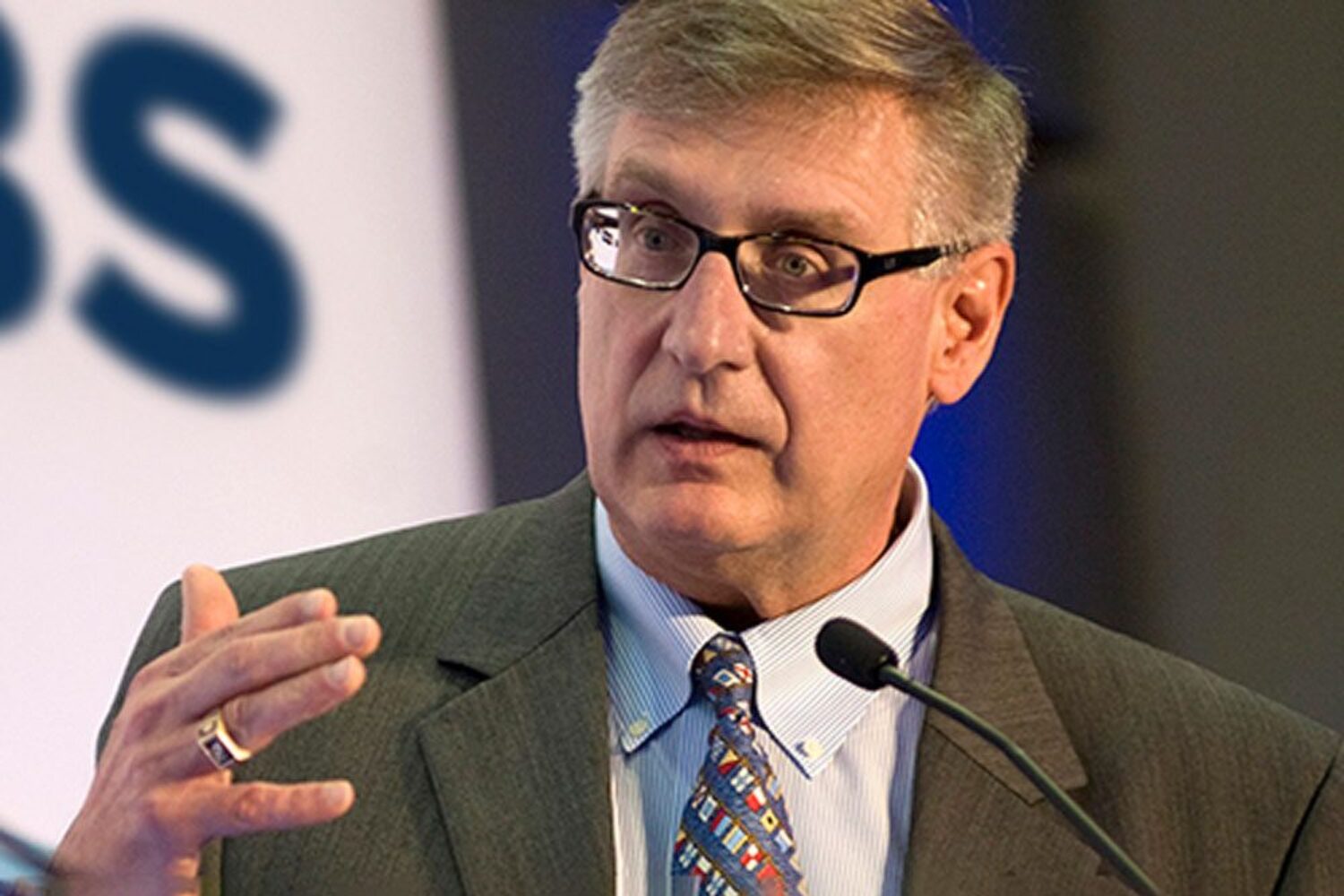ABS questions the IMO’s net-zero strategy: the current framework is too cost-intensive, inefficient and based on fuels that will not be sufficiently available in the foreseeable future.
The US classification society ABS is calling on the IMO to reconsider the net zero targets. The current framework is too expensive, inefficient and alternative fuels are not available in sufficient quantities.
The classification society summarized its demands in its study “Sustainability Outlook 2025, Beyond the Horizon: Vision Meets Reality”. ABS CEO Christopher J. Wiernicki presented it on the occasion of London Shipping Week.
“Shipping and the IMO are on different courses. There is no clear roadmap for the availability, scalability and infrastructural support of green fuels. LNG and biofuels are critical to any success and should not be overlooked, overly penalized or dismissed in the Net Zero regulations. Frankly, the goal of making shipping carbon neutral by 2050 seems like a bet on the uncertain,” said Christopher J. Wiernicki at the launch of the ABS Sustainability Outlook 2025.
“We are currently not where we need to be”
“The industry needs a framework, but one that combines ambition with reality,” added Wiernicki. “The mechanisms need to be thought through. At the moment, we are not where we need to be. Emissions are 121% above the 2008 baseline, compliance costs are adding up, and the signals that drive investment – regulations, fuel prices, penalties, availability, scalability – are moving at different speeds. IMO needs to take a pause. We need to get it right this time.”
The seventh edition of the annual industry report shows that despite progress in CO₂ intensity, absolute emissions from shipping continue to rise.
ABS propagates nuclear propulsion
“Maritime decarbonization consists of three factors: 70% fuel choice, 15% energy efficiency and 15% performance optimization. This 30% segment beyond fuel is where software plays a crucial role. Given the current global shortage of green and blue fuel options, this is where the fastest and most scalable progress can be made,” says Wiernicki. “Towards the 2030s, we need to secure the bridge – LNG with methane slip control and credible bio/E-LNG pathways. This will extend the runway – through efficiency technologies and onboard carbon capture – to reduce emissions from source to exhaust and prepare for the endgame. Nuclear and zero CO₂ fuels as soon as they are safe, insurable and investable at scale.”
Ship operating costs in Europe soon to triple?
The report also highlights the rapidly rising costs of regulation. For example, the daily operating costs of a typical ship operating within the EU could triple from around 15,000 US dollars in 2028 to around 45,000 US dollars in 2035. While LNG will be overly penalized in the early 2030s, it will form the basis for blue fuels, keep hard-to-decarbonize segments compliant and buy time for the development of zero-carbon fuels – provided the methane slip is addressed and pathways to bio/E-LNG are opened.













